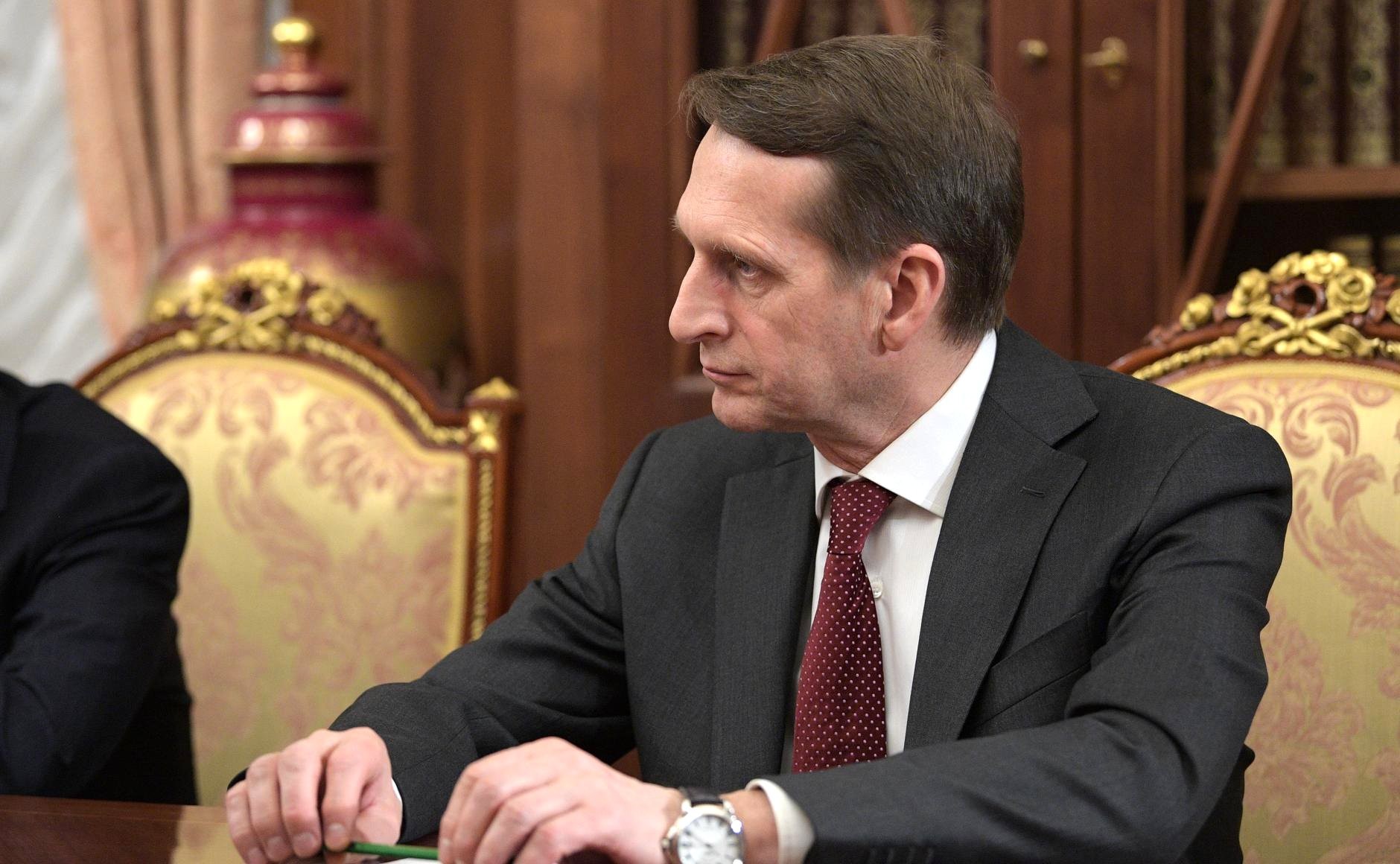
Russia Monitor is a review of the most important events related to Russian internal and external security, as well as its foreign policies.
Date: 10 November 2020
Russian Police and Intelligence Disagree Over What Really Happened To Navalny
Russian officials deliver somewhat contradictory statements about reasons for the sudden health crisis of Alexey Navalny. Specialized laboratories in the West determined that the Russian opposition figure was poisoned with a substance of the Novichok group. Moscow denies having been behind the crime yet is unable to precise a coherent version of events. On the same day when the chief of Russia’s Foreign Intelligence Service (SVR), Sergey Naryshkin, said that Western intelligence agencies had staged a provocation to assassinate the Russian opposition activist, law enforcement agencies in Siberia admitted that Navalny’s falling ill might have been caused by the exacerbation of chronic pancreatitis.

Siberian transport police announced on November 6 that Navalny had not fallen victim to the poisoning back in August. Investigators carried out a set of measures, during which over 210 people have been questioned and over 60 forensic analyses have been appointed, police officers informed. In consequence, they suggested that Navalny fell ill because of metabolic problems and chronic pancreatitis. Russia’s prosecutor general stated on the same that it had not received any reply from Germany to its legal assistance and information on a chemical agent “allegedly discovered in Germany.” However, still on November 6, the head of Russia’s Foreign Intelligence Service, Sergey Naryshkin, suggested that Western services had plotted to poison Navalny. Thus, Naryshkin admitted that the opposition had been affected by a toxic agent, a claim that the country’s Interior Ministry dismissed. The intelligence chief maintained that the attempted poisoning of Navalny was aimed at reviving the withered protest movement in Russia, possibly that in Khabarovsk. Speaking to the Russian news agency RIA Novosti, Russia’s chief spy claimed that in 2019 “members of special services met in a NATO country” to “use an opposition leader as a sacred sacrifice.” Naryshkin yet noted he had no direct evidence of Western countries masterminding Navalny’s attempted poisoning. The blogger responded to these revelations himself on the same day. “It is funny that they, in one day, have Naryshkin say I was poisoned by NATO states, and the Interior Ministry that says there was no poisoning,” he said. Contradictory statements from Russian officials show two things. First of all, they do not have clean hands in this respect. Secondly, there are some shortcomings in how different state structures – also power ones – coordinate their duties, a poor proof of how Putin’s regime is ready to tackle new challenges.
Support Us
If content prepared by Warsaw Institute team is useful for you, please support our actions. Donations from private persons are necessary for the continuation of our mission.
_________________________________
All texts published by the Warsaw Institute Foundation may be disseminated on the condition that their origin is credited. Images may not be used without permission.

















